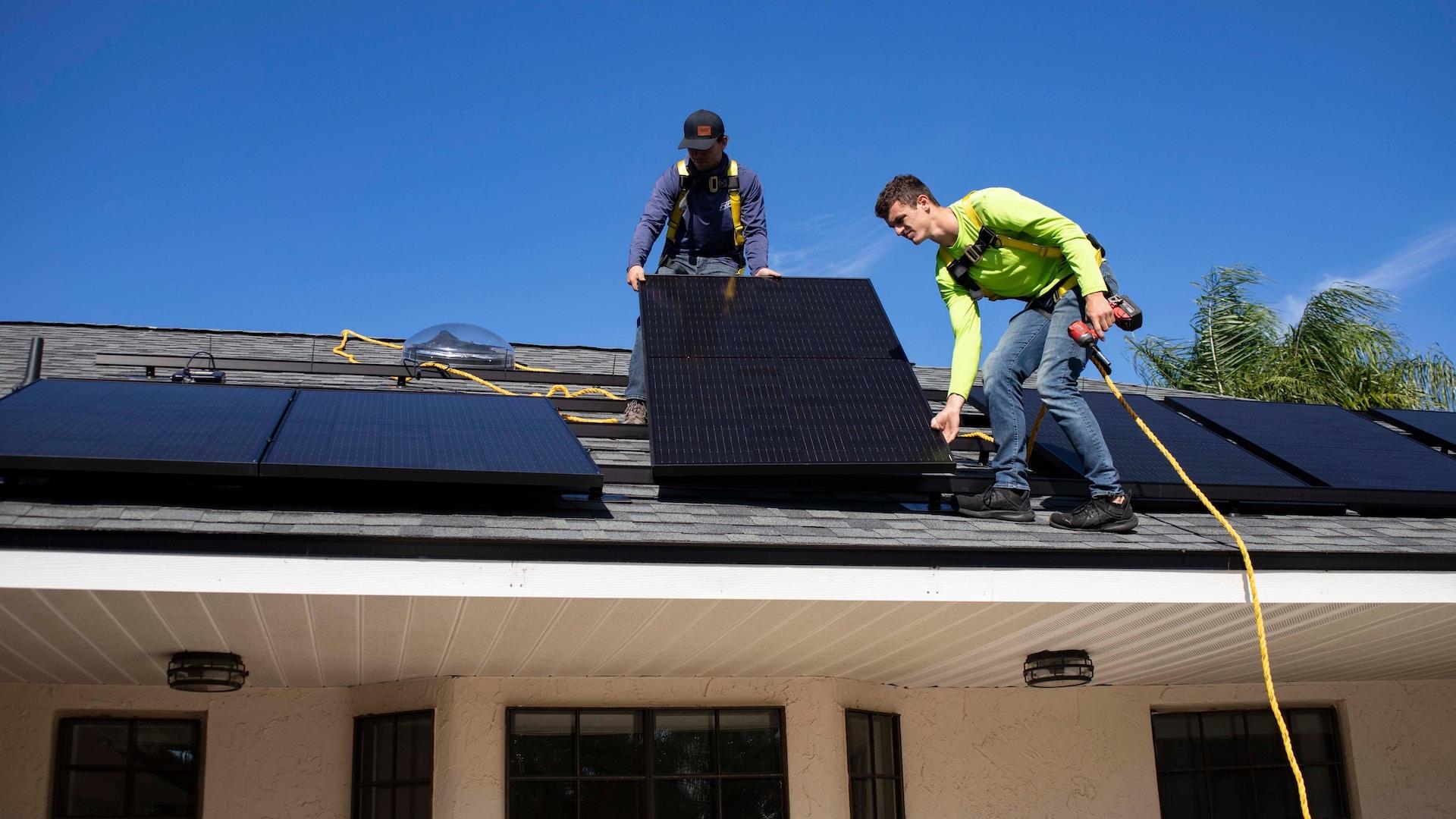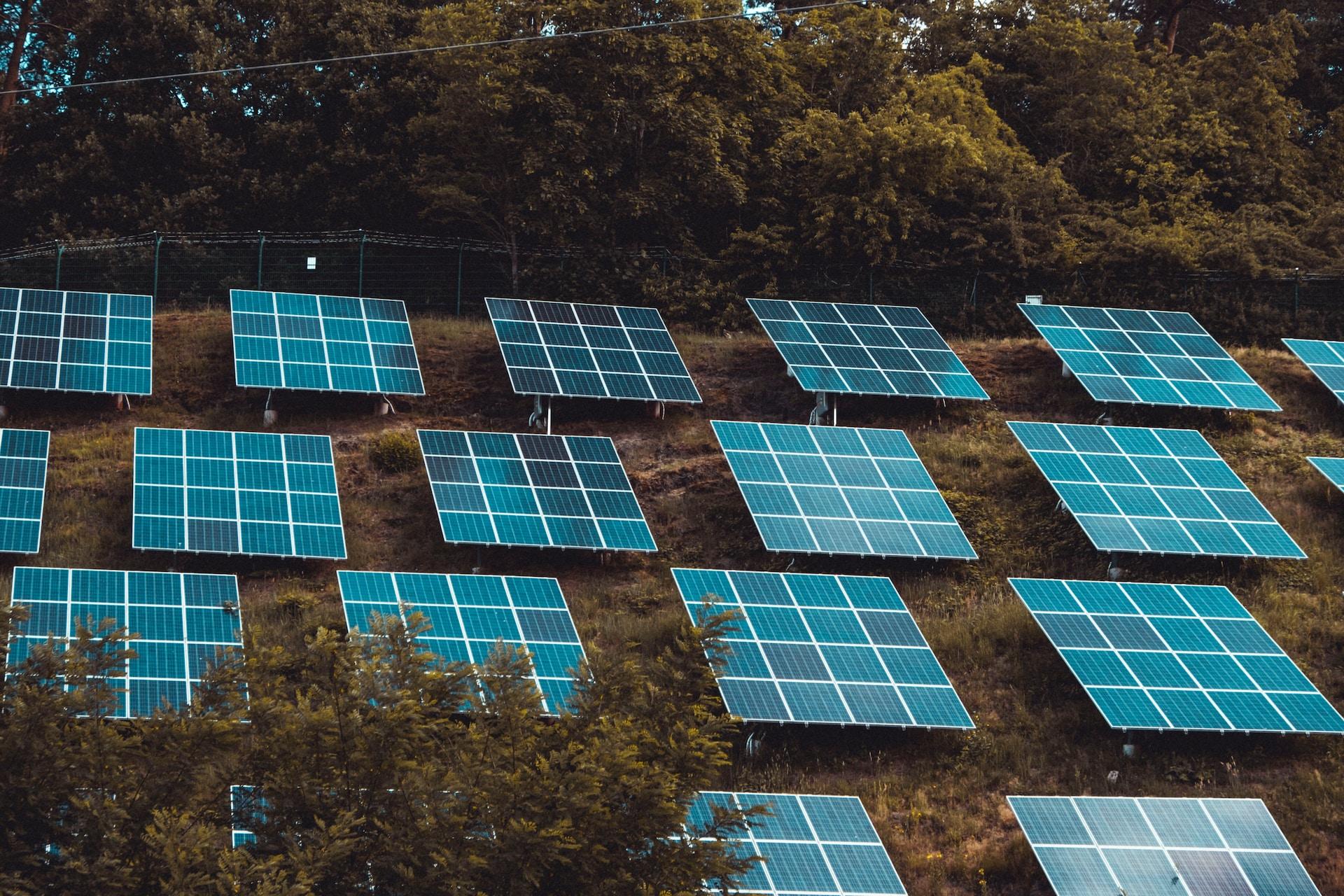In an age when sustainable development is on the agenda of every company, corporations are switching to an environmentally friendly and reliable source of energy – solar power. Solar panels make sense from both a business and environmental perspective, as they reduce your carbon footprint. However, most companies find that the initial costs of a solar panel system are too high.
Fortunately, numerous solar panel financing alternatives exist, creating a spark of hope for enterprises seeking to adopt eco-friendly power technologies. So, let’s review the available financing approaches for solar companies that ease the shift to solar energy in the business sector.
It is important to understand why solar systems have become increasingly appealing to businesses to properly consider financing options. Instead of relying on traditional energy sources, solar panels generate sustainable and affordable renewable energy from the sun.
The falling costs of solar energy, and the possibility of considerable long‐term savings, make solar systems an attractive solution for socially and financially responsible corporate entities.
Often, solar energy is an important support for a business to switch to a solar system. Specialized firms that assess energy use and build custom photovoltaic installations. Some companies have a wealth of information about solar energy use that can be used to integrate solar systems into everyday business operations.

Exploring Financing Methods for Solar Systems
Power Purchase Agreements (PPAs): For example, the Power Purchase Agreement (PPA) is one of the most common solar panel financing options. PPA involves a solar company that installs and maintains such equipment on the property of a business that agrees to buy the electricity at the agreed price. This is an advantage since businesses do not need to incur high initial costs or the hassle of system maintenance.
Solar Lease: Like PPAs, solar leases involve the installation and maintenance of solar panels, by a solar firm, on another business’ premise. Nevertheless, the company does not buy the electricity; it rather leases the solar panels and makes a fixed monthly payment for the equipment. Businesses that wish to bypass the initial expenditure of putting up solar panels can find solar leases quite attractive.
Solar Loans: The commercial solar loan provides an avenue for business solar financing to those companies that prefer ownership of their solar panel systems. Many times, such solar installations are financed by solar companies or financial institutions that create loans in which a business spreads the cost over time. Businesses can receive loans that suit them through diverse interest rates and repayment plans.
Government Incentives and Tax Credits: There are several instances of government subsidies and tax credits for businesses investing in renewable energy equipment like solar systems. These incentives have helped to bring down the total costs of solar installations. Businesses usually get some help from solar companies to obtain maximum solar incentive program profitability.
Green Bonds and Commercial Financing for Solar Programs: Hence, businesses may choose to raise funds for their solar initiatives using green bonds or other targeted financing schemes. They are intended to finance environmentally friendly endeavors and provide businesses with affordable capital for their solar projects.
Solar Power System Project Support

Project financing means the financing of an individual economic interest (a project).
Payments for interest and repayment of the loan are taken only within the flow of the investment project.n Collateral intervention is solely based on the project activities. The financing of any PV project involves planning, construction, as well as maintenance since the construction phase requires huge capital expenses.
It needs a complete valuable project, that can define rational procedures, with specific deadlines for implementation, considering limited abilities and concrete outcomes for the initiators, while making decisions on financing solar power plant.
A legally separate project firm is commonly set in place to facilitate the photovoltaic project, where it has the right to incur loans as a legal body. Because these funds shall go straight to the project company. Sponsors contribute to the project within the limits of their share and are typically liable only concerning the capital investment unless additional warranty or products are provided.
Project finance is one good example of commercial lending. The potential future success of the proposed project is used to determine whether credit should be approved. However, it is almost impossible to check the construction managers’ ability to build a future facility.
Nothing is known about how profitable or liquid were the assets before the periods under consideration. However, it is fundamental in evaluating the firm’s solvency.
For finance decisions, analytical data and predictions based on the probability of success of a photovoltaic project obtained through technological analysis are critical.
Nonetheless, research indicates that project solar financing involves a higher risk compared to traditional business loans. Experts say consolidated monitoring involves fewer parties and managers with clearer structures of finance.
It is possible to distinguish three aspects of this project financing in principle — orientation of cash flows, risks between the project participants, and the basics of off-balance financing sheet.
Overcoming Challenges and Maximizing Benefits
The financial benefits of solar panel installations are evident, but businesses experience different difficulties in determining suitable options for financing. These include establishing relations with leading solar companies and overcoming these hurdles to smooth the transition to a solar-based energy system.
Moreover, companies must carry out in-depth feasibility studies that will help them determine the potential long-term savings and profits.
To Sum Up, with the world in need of environmentally friendly sources of energy, it is time that various companies make good use of this opportunity and start adapting solar panel installations.
Solar companies provide numerous financing options that help businesses withstand the transition without jeopardizing their finances.
Businesses have a chance of getting financing through Power Purchase Agreements, solar leases, loans, or government incentives depending on their objectives and values. Companies that invest in solar systems not only provide a cleaner planet but also future cost savings and environmental responsibility.
A positive outlook for companies that use solar power as an alternative source to light up a new trail to sustainable growth.